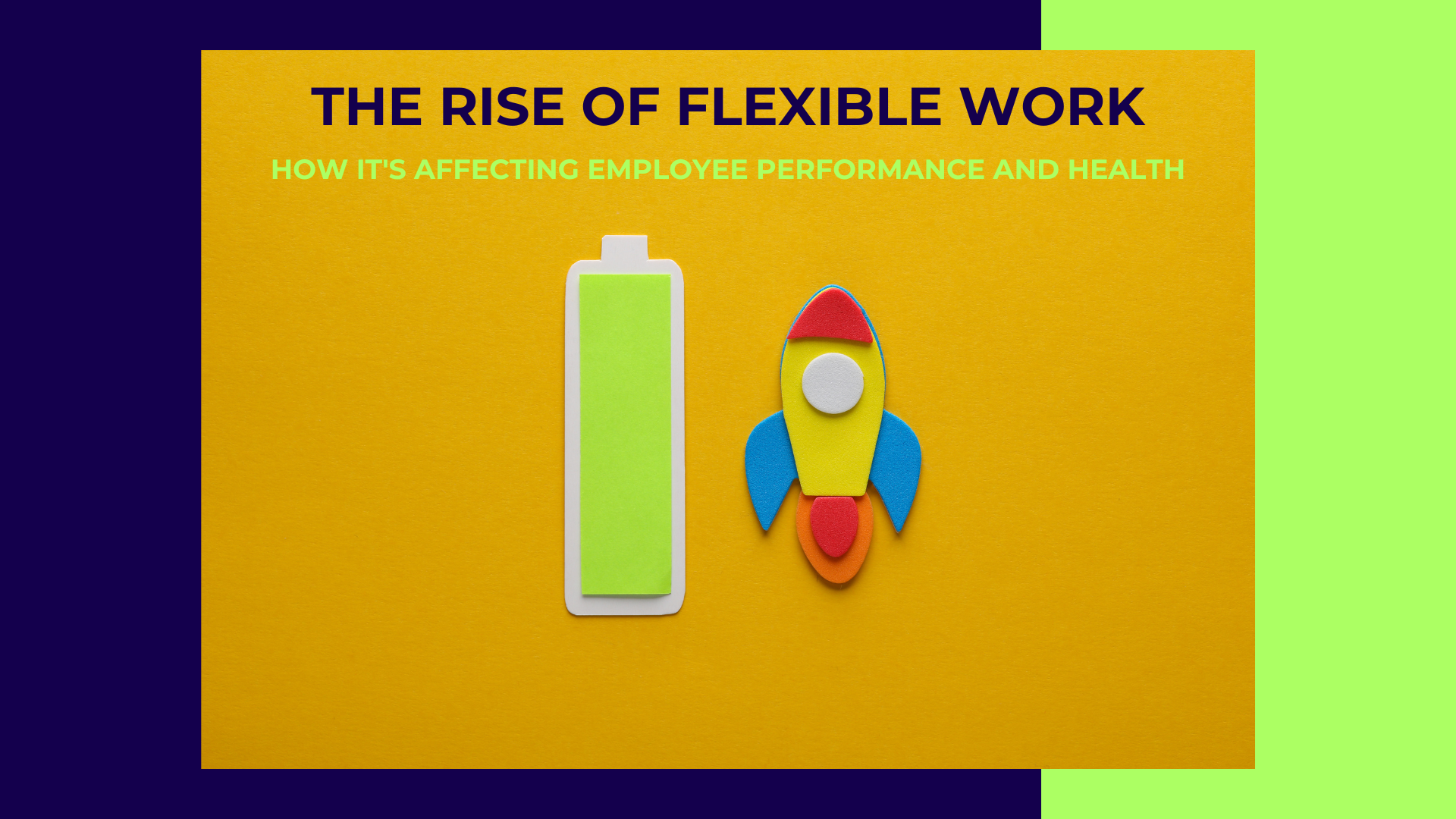Flexible work arrangements, which are increasingly an essential part of modern employment, have changed the dynamics of the traditional workplace. This shift makes it simpler to achieve work-life balance, boost productivity, and transform organizational operations—especially when remote and hybrid models gain traction.
But what exactly makes flexible work such a game-changer?
There are numerous benefits to flexible employment arrangements. Workers experience less stress and a more seamless transition between their personal and work lives.
Results are eloquent from the standpoint of the business. Studies show that workplace flexibility increases productivity by 20% while reducing absenteeism and turnover rates. Organizations have claimed higher employee satisfaction after implementing flexible work arrangements. Is a happier and more devoted workforce a result of flexibility?
Flexible work is not without its downsides. Isolation often tops the list of employee concerns. Without daily in-person interactions, it’s easy for team members to feel disconnected from their colleagues and the company culture.
To make flexible work successful, the employees and the employers must be willing to change. Use effective communication tools, set clear boundaries between work and home life, and prioritize regular check-ins to maintain team cohesion.
Flexible work is more than just a trend, it’s a reflection of broader societal shifts toward autonomy, well-being, and trust in the workplace.
Being flexible allows us to improve people’s quality of life and redefine success for organizations. These days, it is more about productivity, results, creativity, and employees who feel valued than it is about sitting hours in front of a computer.
As author Stephen R. Covey once said:
“We are not human beings on a spiritual journey. We are spiritual beings on a human journey.”
This journey in the workplace calls for empathy, innovation, and a willingness to embrace change. The rise of flexible work isn’t just reshaping how we work—it’s reshaping who we are as employees, leaders, and collaborators.
Associate Consultant
Stavria Sanida

